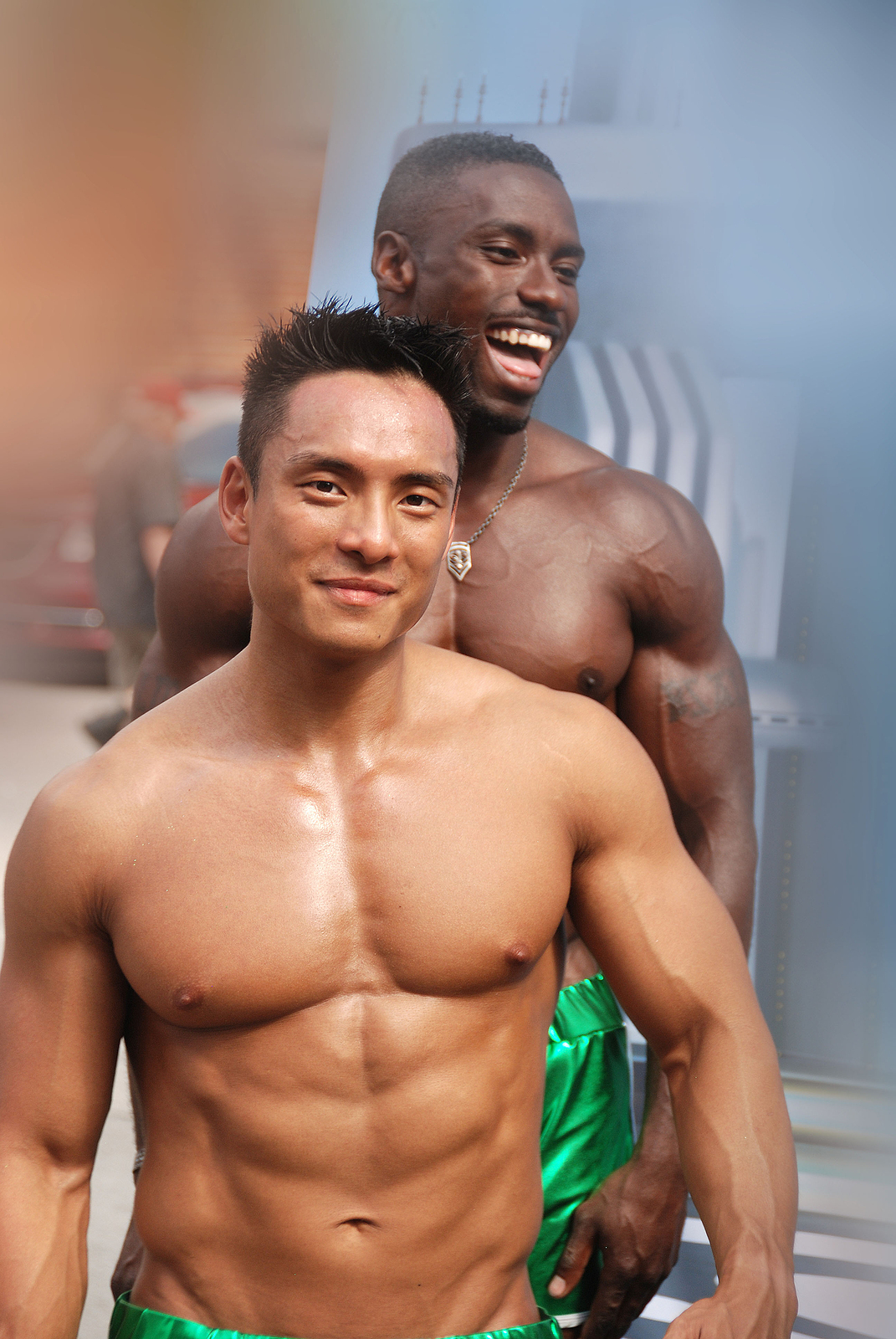Montreal is one of the most vibrant cities with a population that has been famous for its tolerance and acceptance of individuals belonging to the LGBTQ+ community. This multicultural city welcomes LGBTQ+ travellers with diverse, gay-friendly neighborhoods where locals fluently speak both French and English. Areas and communities that are gay-friendly in Montreal: You can learn about emerging regions and Gay Village, one of the most diverse and inclusive cities in the world, by exploring this topic.
Below is the local guide, which is going to be an exciting ride through the friendly zones of the city with some recommendations for food, fun, and being active citizens. If you are an LGBTQ couple looking forward to spending time during the holiday, or an LGBTQ+ traveller who wants to discover more queer-friendly locations in Montreal, this guide is going to be very helpful. You can use it for planning and having a great time in Montreal.
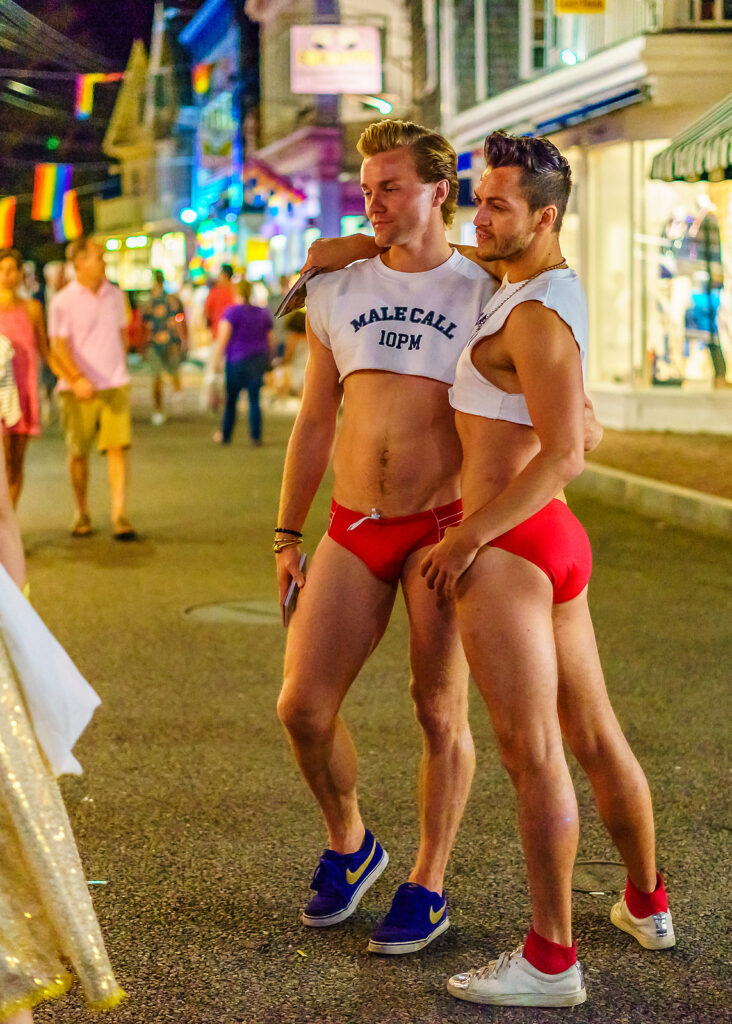
The Heart of Montreal’s LGBTQ+ Scene
Le Village: The Iconic Gay Village
Gay Montreal is located within an area known as Le Village or the Gay Village. This colorful area of Montreal is situated between Berri and Papineau street – the eastern part of Saint Catherine Street. It is a perfect embodiment of liberal Montreal. The Village’s history dates back to the 1970s. At the time, it had become the headquarters of gay and bisexual men and women and has expanded to be the focal point of homosexual creativity and commerce. As soon as one enters the rainbow roads, there is a sense of togetherness and happiness in the differences. It is particularly lively in the summer. The main street is blocked by cars and completely converted into a pedestrian-only zone that perfectly captures the essence of Montreal’s LGBTQ population.
Key Attractions and Dining in Le Village
Le Village has several venues that may be of interest to clients with various orientations in the context of the queer culture. Complexe Sky is one of the largest clubs in Canada. On the roof, there is a terrace with a view of the city skyline. Club Unity is also popular with many. It provides dance floors that are operational throughout the night. Those who like watching drag performances should not miss the live show at Cabaret Mado.
The place is named after the most famous drag queen in Montreal, Mado Lamotte. It is now considered one of the most popular venues for drag shows in this city. Regular goers can watch both local troupes and international talents. If the guests require a more laid-back atmosphere, then La Graine Brûlée is a homey place where they can have coffee while seated on their outside patio. Vegetarians and vegans will be happy to learn that one of the restaurants that serves plant-based meals in the city is Tendresse.
Community Events and Cultural Spaces
The Village is not only focused on nightclubs, restaurants, and bars, it also contains cultural and community institutions. L’Euguélionne, a queer-feminist bookshop, hosts literature meetings, author readings, and workshops to promote literature by queer people of color. The city hosts numerous community events each year, with Fierté Montréal (Montreal Pride) in August as the main highlight. During this 10-day event, the Village and nearby venues come alive to celebrate the spirit of the LGBTQ+ community with parades, outdoor concerts, and fairs. These events attract visitors from across the globe.
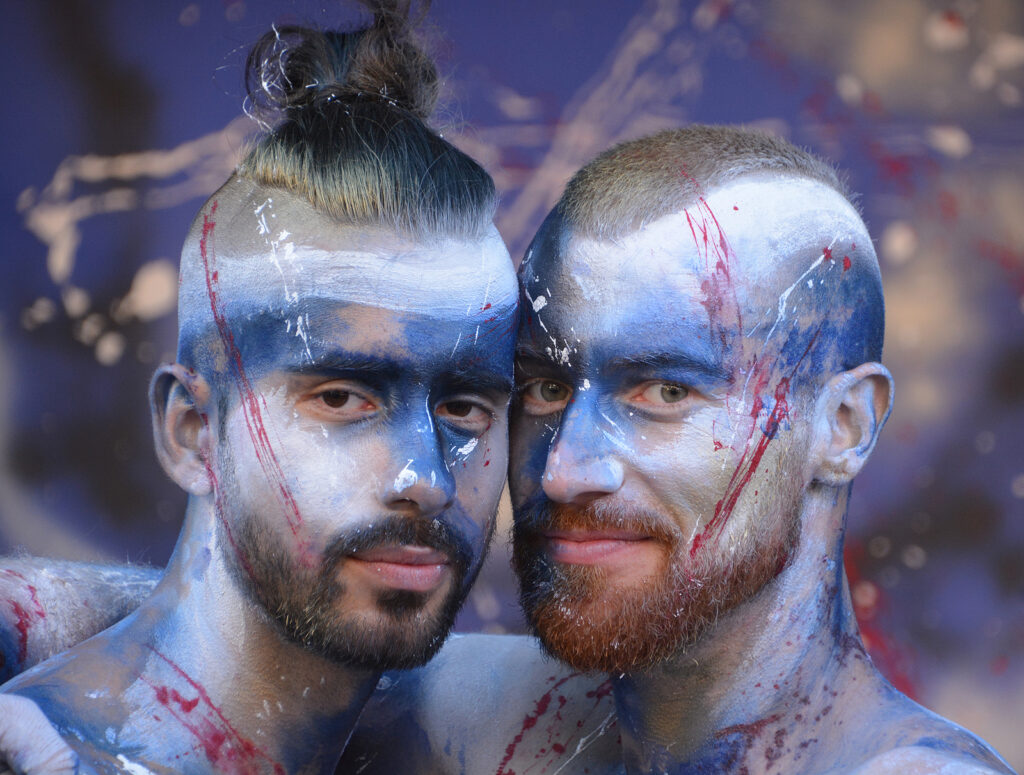
Other LGBTQ+ Friendly Neighbourhoods Montreal
The Plateau
Moving out of the Gay Village, another district that could be associated with the presence of the LGBTQ+ community is The Plateau. This vibrant, artistic, and liberal neighborhood attracts students, artists, young professionals, and many members of the LGBTQ+ community Well-lit streets with trees, beautiful mural paintings, and queer-friendly buildings serve as a perfect backdrop for queer-friendly neighbourhoods.
The Plateau is particularly friendly to the gay community and has many speciality cafes, bars, and boutique shops. Dispatch Café, a modern hotspot, has become a favourite gathering place for the city’s gay community. The nightlife thrives with venues like the Royal Phoenix Bar, hosting queer weekly parties and citywide events
Wanna quick peek at what gay Montreal is like? Check out the video below:
Mile End
Beside The Plateau, you can find Mile End. It is an area well-known for its cuisine, especially restaurants, and has a strong ethnic mix that is very welcoming. Queer visibility is evident through various restaurants, cafes, and nightlife.
The Notre Dame des Quilles bar is a combination of a cocktail bar, burrito kitchen, and bowling alleys. This is meaningful for this location. It has a lively LGBTQ+ program that includes, for instance, queer trivia nights and open mics. Culture lovers will adore Mile End. Here, vintage shops, record stores, and art galleries create a treasure trove for explorers.
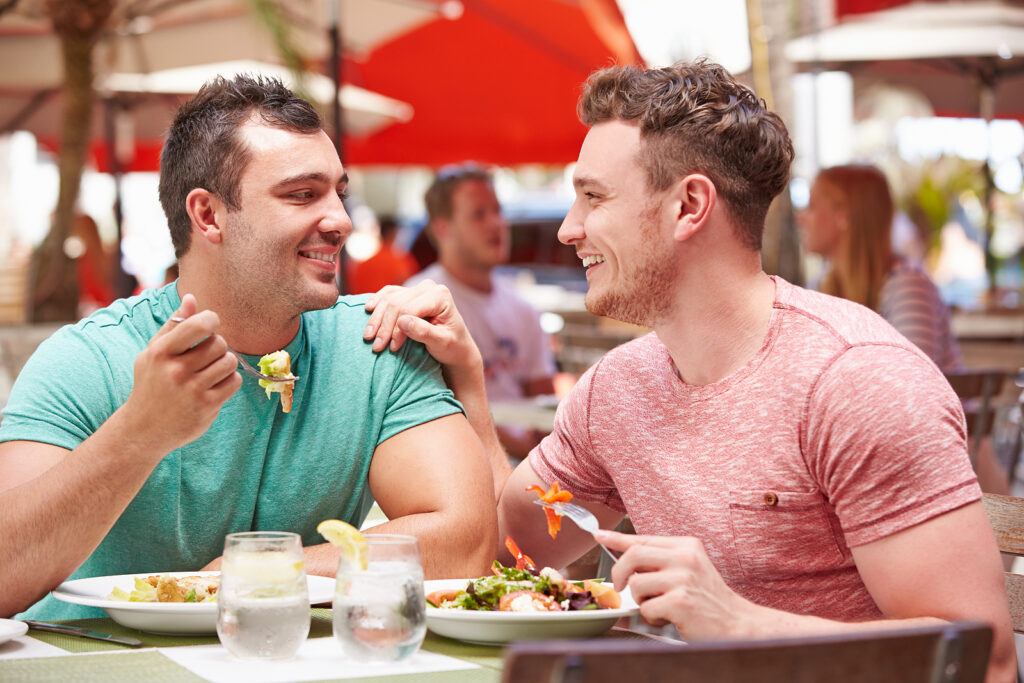
Hochelaga-Maisonneuve
Hochelaga-Maisonneuve, which is also known as HoMa in short, is an example of the transformation of Montreal’s queer neighbourhood. This innovative district has been receiving more and more queer inhabitants who are looking for something different and who are able to find cheaper housing. The city’s growth is evident in its vibrant arts scene, with graffiti and murals adding cultural relevance for the LGBTQ+ community.
While HoMa lacks the density of LGBTQ+-focused venues found in the Village or Plateau, its liberal vibe is inviting. An increasing number of queer-owned businesses make it a promising destination for those seeking hidden gems in the city.

Griffintown and Sud-Ouest
Griffintown and Sud-Ouest are the younger territories of queer Montreal. It is a former industrial hub that has recently been revitalized and has become one of the hipper neighbourhoods with new condominiums, small specialty stores, and contemporary eateries. This urban environment has led to a high number of people from the LGBTQ+ community. It also attracts professionals or couples that prefer the new facilities to the downtown.
Sud-Ouest, which is a larger and more diverse neighbourhood, contains both residential and post-industrial spaces. These areas are more popular among the members of the LGBTQ+ community. Although not strictly a queer space, the area’s liberal vibe and growing number of queer bars and cafés create a welcoming atmosphere.
Community Events and Cultural Celebrations
Queer neighborhoods in Montreal are vibrant for most of the year as they are filled with activities and festivals that promote the queer culture. The highlight of these events is unquestionably Fierté Montréal, the pride event held annually in the city. It takes place in August and lasts for ten days. During this time, the Gay Village and other areas become a colorful celebration of queer culture and accomplishment.
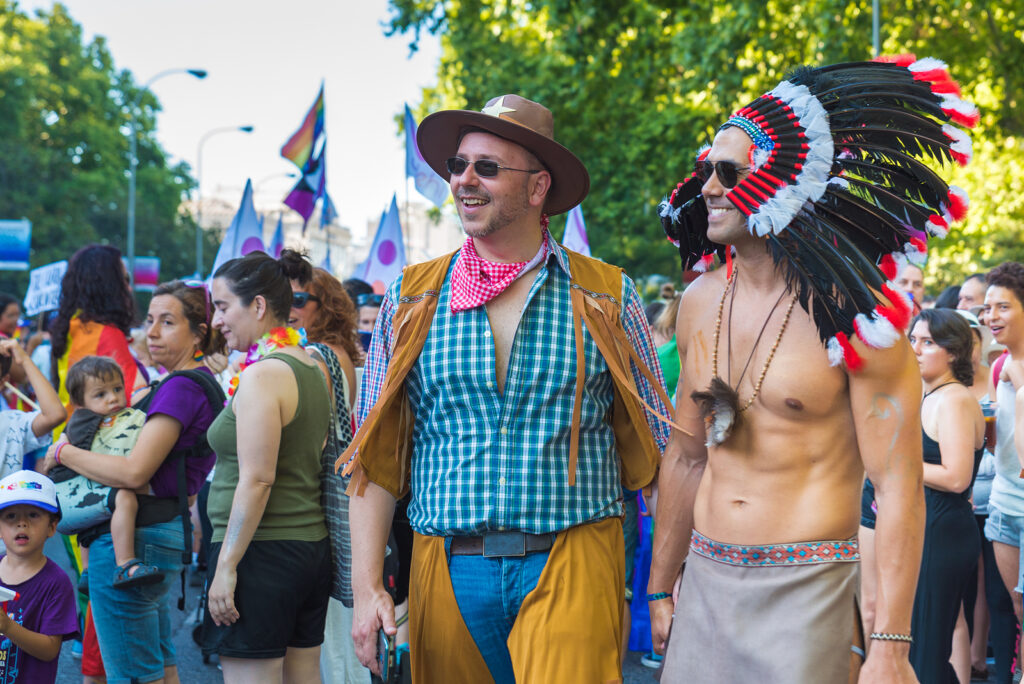
The event has a rich calendar. Some of the most popular and interesting are the Community Days in the Village. Here, people can see stalls of local queer associations and shops at rue Sainte-Catherine. This event is followed by the Montreal Pride Week Festival. The Pride Parade sees participants and observers from across the central region and beyond take over the downtown Montreal streets.
Conclusion
Thus, the communities of Montreal for the LGBTQ+ population give a colorful picture of the city’s spirit of tolerance. Starting from the traditional gay district to the new up-and-coming gay spots of Montreal, such as the districts of Hochelaga-Maisonneuve and Griffintown, each of them offers its own selection of entertainment, places to eat, and events that are inclusive for the LGBTQ+ community. Whether you want to dance the night away in Le Village or explore art in The Plateau, experience the food scene of Mile End, or the bohemian feel of HoMa, Montreal can satisfy every LGBTQ+ tourist and inhabitant.
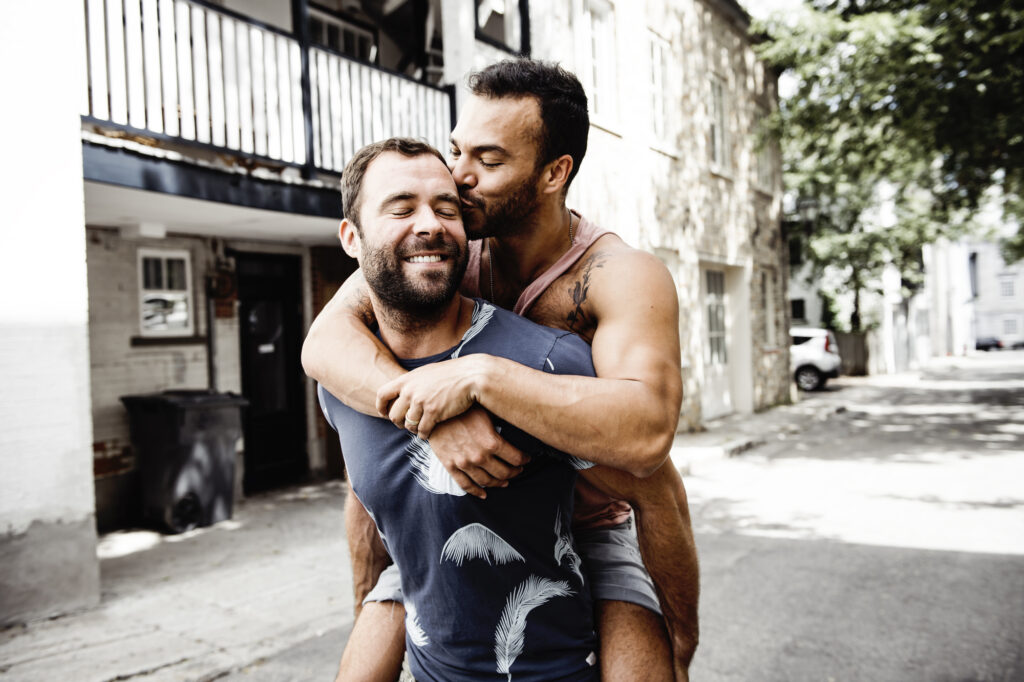
Montreal will never cease to embrace the diversity and inclusiveness of members of the LGBTQ+ community across the globe. People can experience and get to know the queer culture of the city. This makes Montreal one of the most welcoming cities in North America for the LGBTQ + community that will remain in their hearts and memory for a lifetime.
For more inspiration on LGBTQ+-friendly travel destinations and experiences, be sure to explore other articles on Gay Couple Getaway, where you’ll find a wealth of information to help plan your next adventure together.
